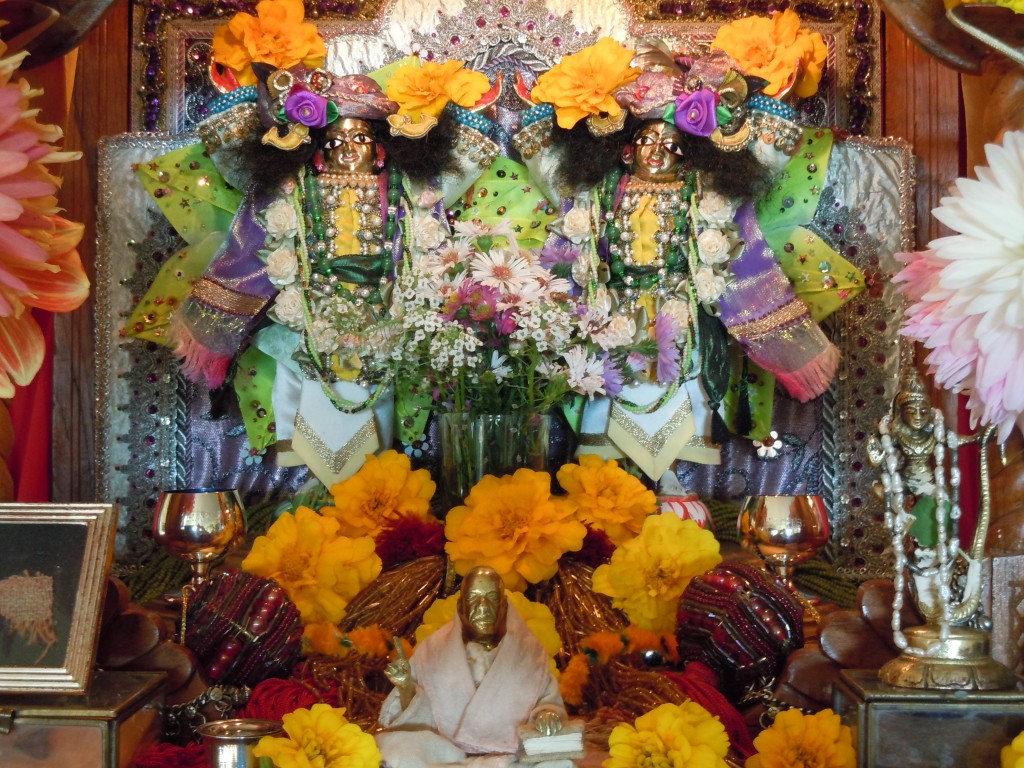- November 13, 2014Prabhupāda: Yes, we should not be very much proud that "I have created wonderful." Why? What wonderful? What? I am…
- November 5, 2014Kṛṣṇa says, kaunteya pratijānīhi na me bhaktaḥpraṇaśyati (Bg. 9.31). You just declare, "My devotee will never be vanquished by māyā."…
- November 3, 2014Hare Krsna to all Pranams All glories to Srila Prabhupada Recently I had the misfortune of taking some of my…
- October 23, 2014Dhṛṣṭaketu: ...that one is making progress by how he feels, or should he just simply execute the order of the…
- October 23, 2014Words from Srila Bhaktisiddhanta Sarasvati Thakura 1. We are put to test and trial in this world. Only those who…
- October 23, 2014SRADDHA CEREMONY --- What follows is a series of quotes from Prabhupada's books wherein he explains the importance of devotees…
- October 10, 2014May march 4 1976 This is the position. PrahlādaMahārāja, humbly submitting, because he is Vaiṣṇava, that "What is my position?…

Under the guidance, inspiration and authority of
His Divine Grace A.C. Bhaktivedanta Swami Prabhupada
Founder-Acharya of the Krishna Consciousness Movement
Srila Prabhupada: “I wish that each and every branch shall keep their separate identity and cooperate keeping the acharya in the center. On this principle we can open any number of branches all over the world. (Letter, February 11, 1967)


